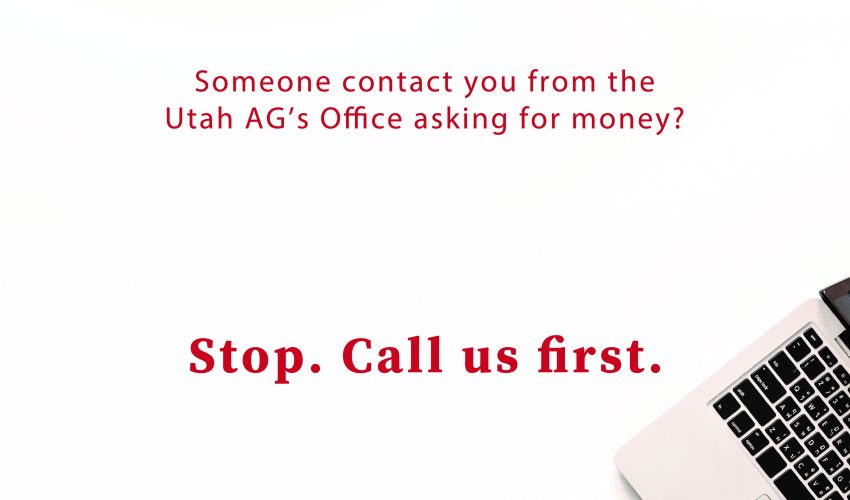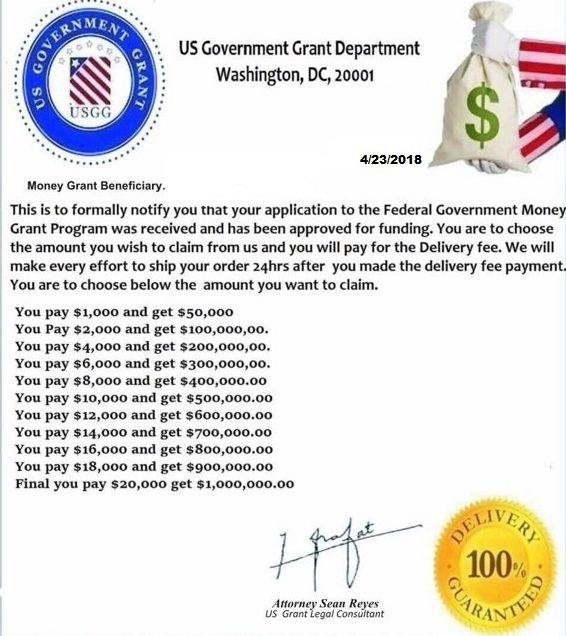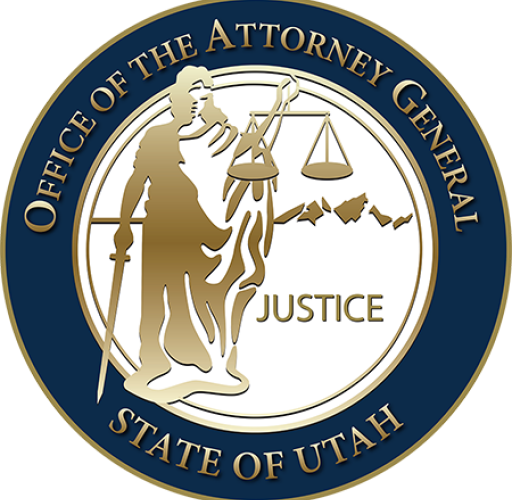FOR IMMEDIATE RELEASE
March 16, 2020
FRAUD AND PRICE GOUGING DURING VIRUS EMERGENCY
Attorney General Reyes: “I Want Citizens and Consumers to be Protected.”
SALT LAKE CITY – Today, Utah Attorney General Sean D. Reyes continues to alert both consumers and merchants of scams and price gouging which are a serious, potential threat to the health and well-being of citizens in the State of Utah.
Scams
Right now, health threats from the coronavirus are affecting people’s physical, mental and behavioral well-being and are the most pressing concerns. While we are focused on those emergencies, predators will try to take advantage of people’s uncertainties and fears.
“Our office is receiving questions and concerns about phone calls, emails and websites that are potentially frauds or scams,” Attorney General Reyes said. “As Utahns, we are known for generosity when it comes to donating and supporting others in emergencies. We also tend to be very trusting. Both are great qualities that can be potentially exploited during emergencies.”
“Scams and fraud proliferate during natural disasters like Hurricane Katrina,” Reyes continued. “The Utah Attorney General’s Office and Utah Division of Consumer Protection continually work together to investigate and prosecute these types of cases.”
Scams may come in the form of requests for charities that don’t exist or donations to causes that sound real but are not.
- Simply because someone calls you and uses the name of a recognized charity doesn’t mean they are legitimate. If someone contacts you asking for money or your personal information, you can always hang up and call the business or entity back at a number that you can confirm.
- No government agency will call you for payment over the phone or by wire. Before you send any money to help others, particularly via wire, cash or on a debit card, please check with a trusted advisor or contact the Division of Consumer Protection or Attorney General’s Office.
Price Gouging
The Utah Attorney General’s Office and Division of Consumer Protection are becoming aware of several allegations of price gouging due to the temporary shortage of certain consumer items in stores. Unlike some states, our legislature passed laws to outlaw this conduct during emergencies. The Governor has now declared a state of emergency so our anti-gouging laws are in effect and penalties can be enforced.
Remember, excessive price inflation during emergencies is against the law. (Utah Code 13-41-101-202, Price Controls Under Emergencies Act).
“We hope this warning gives offenders a chance to do the right thing and stop the exploitation,” Attorney General Reyes said. “But if they don’t, they are in danger of state enforcement. Taking advantage of this tragedy for the sake of profit is NOT acceptable.”
Attorney General Reyes points out that some mark-ups will in fact reflect the scarcity of items and is acceptable under the statute.
Items like baby formula or medicine, toilet paper, bottled water, batteries, hand sanitizer filtering masks, etc. are among the items that can be typically marked up. Sellers should review the statute with their legal counsel if they have any questions.
We are working with our friends at the Division of Consumer Protection on both price gouging and scams, and they are working hard to investigate complaints.
If you notice incidents of price gouging, please call their office 801-530-6601 or 1-800-721-7233, or visit them online at consumerprotection.utah.gov.
If you suspect criminal fraud has occurred, you may also reach out to the Attorney General’s Office at 801-366-0260.
###




